3 Amazing Benefits And 2 Side Effects Of Tartaric Acid
Give your health that extra boost with this nutritious, organic, and powerful antioxidant.

Image: Istock
Acids in food might seem scary to sound! But, there are many health-benefiting acids naturally found in various fruits and vegetables! Just like citric acid in lemons and oranges, tartaric acid benefits us in several ways as well! Commonly found in grapes, apricots, and apples along with malic acid, tartaric acid helps alleviate key health concerns and boosts your overall immunity too! Read on to learn more about the benefits and usage of this naturally edible acid!
 Know Your Ingredient: Tartaric Acid
Know Your Ingredient: Tartaric AcidWhat Is It?
A type of Alpha Hydroxy Acid (AHA) commonly found in fruits and vegetables.
What Are Its Benefits?
It aids digestion, boosts immunity, and improves glucose intolerance.
Who Can Use It?
All except people experiencing gastrointestinal infections.
How Often?
You can consume 30 mg per day.
Caution
It may trigger negative effects, such as nausea and abdominal pain in some individuals.
In This Article
What Is Tartaric Acid?
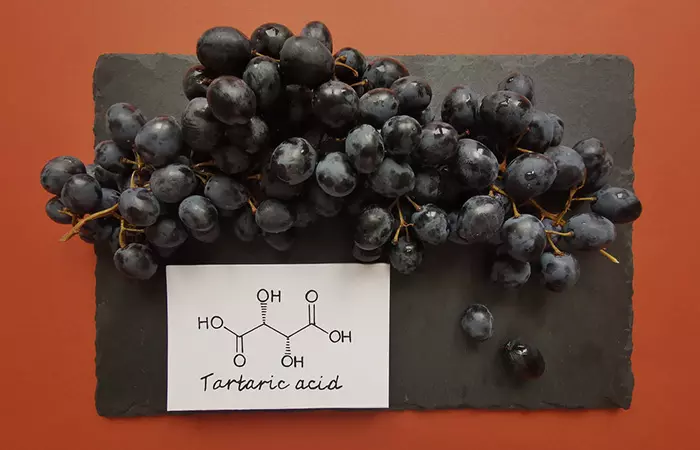
Just like the name suggests, tartaric acid is an organic acid that occurs naturally. It is also a dihydroxyl derivative of succinic acid. When brought to room temperature, it changes to a solid substance that is white and crystalline. The stereochemistry of tartaric acid shows that it has a pair of enantiomers and two chiral centers. The natural form of tartaric acid is L-(+)-tartaric and it is most commonly found enantiomer is D-(-)-tartaric. Tartaric acid is found mostly in foods such as grapes, apricots, apples, avocados as well as sunflower seeds in very high concentrations (1). Sometimes tartaric acid is also found in sour tamarind that grows in countries such as Africa and other tropical and warm parts of the world.
Tartaric Acid History
Tartaric acid is commonly found in grapes and apricots, but that was discovered quite later. Initially, it was extracted in Nigeria and Sudan and has been used as a food ingredient. Tartaric acid was also used in ancient Spanish cuisine and has been used in several Mexican dishes that use a whole range of dishes. Mexican culture is so fond of this acid that today it has become its largest producer and consumer (2). Countries such as Spain and Portugal have also used this in their cuisine since the 16th century.
 Did You Know?
Did You Know?Tartaric acid also comes with a number of health benefits. The acid benefits you in numerous ways, and also helps you get rid of the common ailments. Here are some of the top benefits of tartaric acid.
Benefits Of Tartaric Acid
1. Boosts Immunity:

Tartaric acid may help the immune system. However, there is no scientific evidence to back this claim. While tartaric acid is not known to have a direct effect on the immune system, consuming foods and beverages that contain tartaric acid, such as certain fruits and wines, can be part of a healthy diet that supports immune function.
2. Excellent Digestive Aid:

Another health benefit of tartaric acid is that it aids digestion and fights flatulence (3). It improves intestinal absorption as well which will increase the rate at which healthy nutrients flow into your bloodstream.
3. Improves Glucose Intolerance:
One of the most surprising benefits of tartaric acid is that it significantly improves glucose intolerance.
According to an animal study, tartaric acid was able to improve glucose tolerance in mice by enhancing the activity of certain enzymes involved in glucose metabolism (4).
 Trivia
TriviaTartaric Acid Side Effects
Did you know tartaric acid comes with several side effects as well? Yes. You should be careful with your intake or you might end up with one of the following side effects.
1. Digestive Problems:

Some individuals may be sensitive or allergic to tartaric acid and may experience digestive problems or other adverse reactions after consuming it. In these cases, it is best to stop intake and seek medical advice.
2. Overeating:

Another problem could be overeating. Anecdotal data suggests that anyone who has consumed a lot of tartaric acid might begin to overeat.
Tartaric Acid Uses
There are several uses of tartaric acid. It acts as a natural preservative that is often used to prepare jams or certain kinds of fruit drinks (6). Different candies may also use this. Often, manufacturing companies and several brands like to use tartaric acid while preparing creams and other lotions. As mentioned above, tartaric acid has often been used in Mexican cuisine along with baking soda.
Infographic: Benefits And Side Effects Of Tartaric Acid
Tartaric acid is a powerful antioxidant that boosts overall immunity and alleviates key health concerns, such as indigestion and flatulence. It is commonly found in grapes, apricots, and apples. Read the infographic to know the benefits and side effects of tartaric acid.

Illustration: StyleCraze Design Team
The benefits of tartaric acid are many. It is commonly found in apricots, grapes, and apples. Tartaric acid is rich in antioxidants and helps boost immunity. It also aids in digestion, helps regulate flatulence, and improves intestinal absorption. In addition, tartaric acid also improves glucose intolerance. However, excess intake may trigger negative effects like nausea, abdominal pain, gastrointestinal infections, and overeating. Hence, moderation is highly advised to reap its benefits.
Frequently Asked Questions
Can tartaric acid remove dark spots?
Anecdotal evidence suggests that tartaric acid, just like other AHAs, helps remove dark spots. In addition, it helps exfoliate skin and treat acne scars.
What is the pH of tartaric acid?
Tartaric acid has a pH of 3.
What’s the difference between citric acid and tartaric acid?
Tartaric naturally occurs in grapes and is available as a white powder, while citric acid is found in citrus fruits and as a solid crystalline compound.
What can I use instead of tartaric acid?
Fumaric acid and cream of tartar, also called potassium bitartrate, which develops after fermentation, are the best alternatives for tartaric acid.
Does turmeric have tartaric acid?
Turmeric does not contain tartaric acid.
Key Takeaways
- Tartaric acid may help improve glucose intolerance and digestion.
- It may help boost your immunity.
- There are chances of getting digestive issues if you take it in large amounts.
- Avoid consuming anything with tartaric acid if you are allergic to it.
Illustration: Amazing Benefits And 2 Side Effects Of Tartaric Acid

Image: Stable Diffusion/StyleCraze Design Team
Tartaric acid has several uses like winemaking and baking. Watch the video below to learn the many benefits that this versatile acid has in store.
References
Articles on StyleCraze are backed by verified information from peer-reviewed and academic research papers, reputed organizations, research institutions, and medical associations to ensure accuracy and relevance. Read our editorial policy to learn more.
- Formulation of New Baking (+)-Catechin Based Leavening Agents: Effects on Rheology Sensory and Antioxidant Features during Muffin Preparation
https://www.ncbi.nlm.nih.gov/pmc/articles/PMC7693953/ - Tartaric Acid Market Size, Share & Trends Analysis Report By Source (Grapes & Sun-dried Raisins, Maleic Anhydride), By Application (Food, Beverages), By Region, And Segment Forecasts, 2022 – 2026
https://www.grandviewresearch.com/industry-analysis/tartaric-acid-market#:~:text=Europe%20is%20the%20largest%20producer,increased%20usage%20in%20wine%20manufacturing - A systems biology approach to predict and characterize human gut microbial metabolites in colorectal cancer
https://www.ncbi.nlm.nih.gov/pmc/articles/PMC5906656/ - In vivo Antihyperglycemic and Antidyslipidemic Effects of L-Tartaric Acid
https://pubmed.ncbi.nlm.nih.gov/36464866/ - Organic Acids Concentration in Citrus Juice from Conventional versus Organic Farming
https://www.researchgate.net/publication/216429503_Organic_Acids_Concentration_in_Citrus_Juice_from_Conventional_versus_Organic_Farming - Tartaric acid
https://www.sciencedirect.com/topics/immunology-and-microbiology/tartaric-acid
Read full bio of Gabrielle Kane
Read full bio of Ravi Teja Tadimalla
Read full bio of Moksha Gandhi














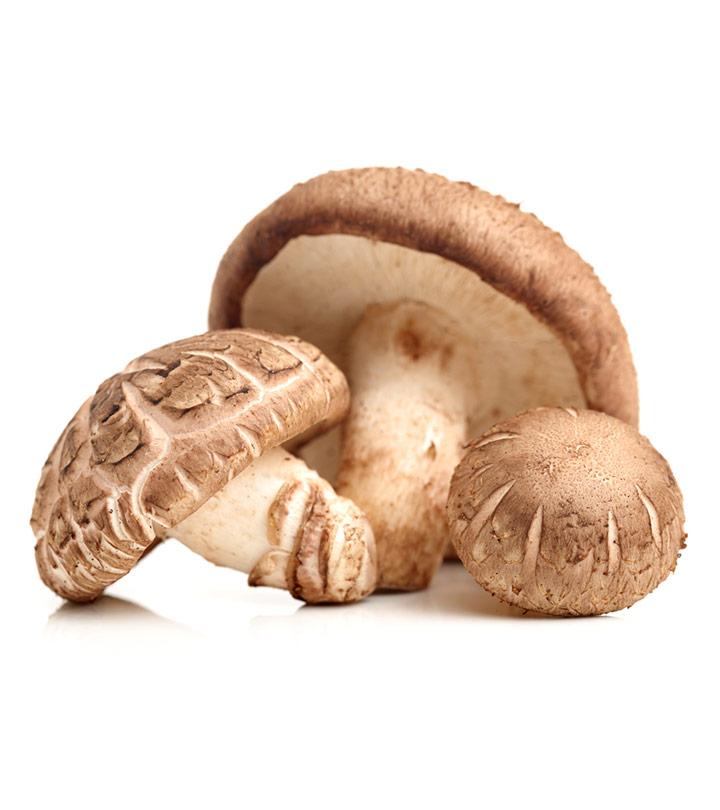
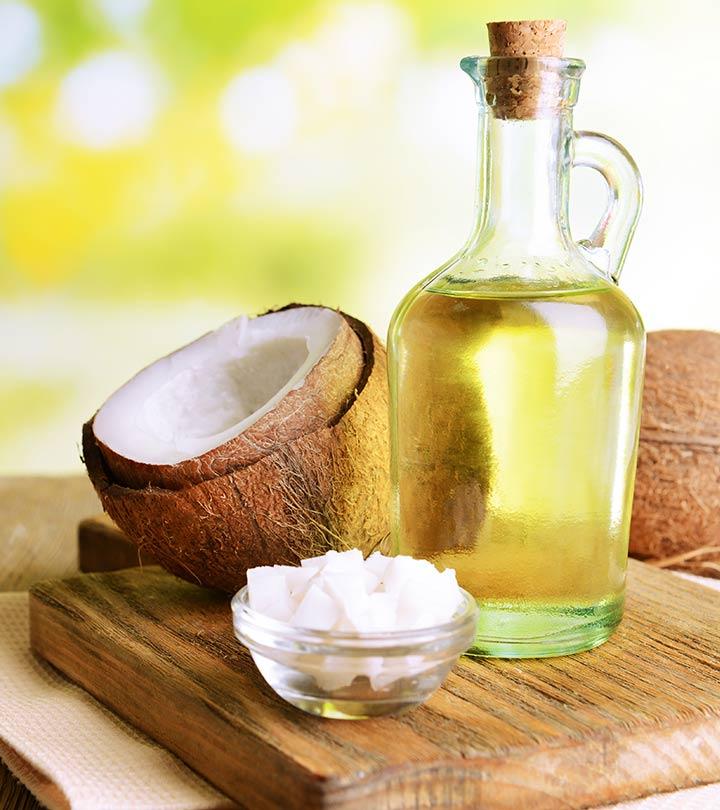






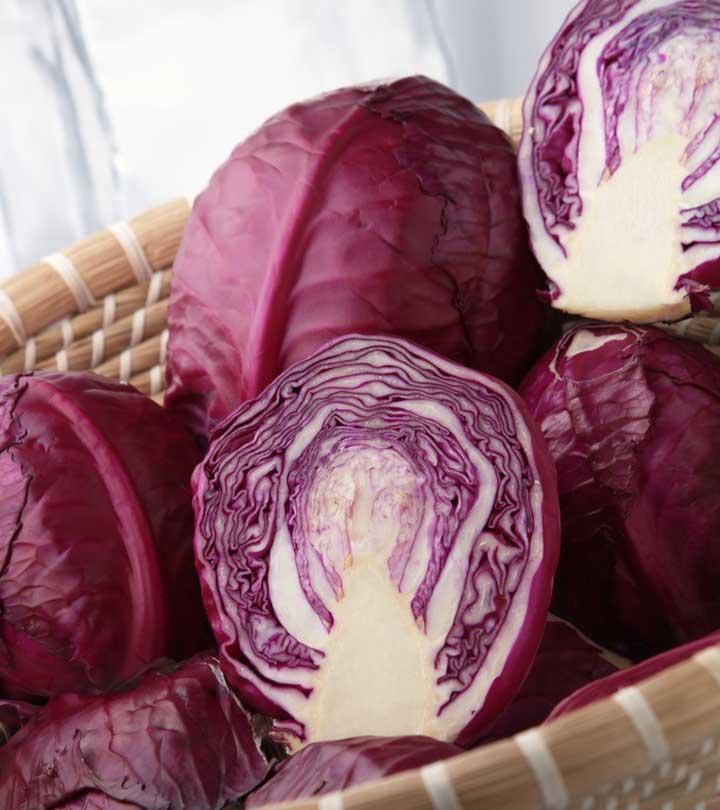
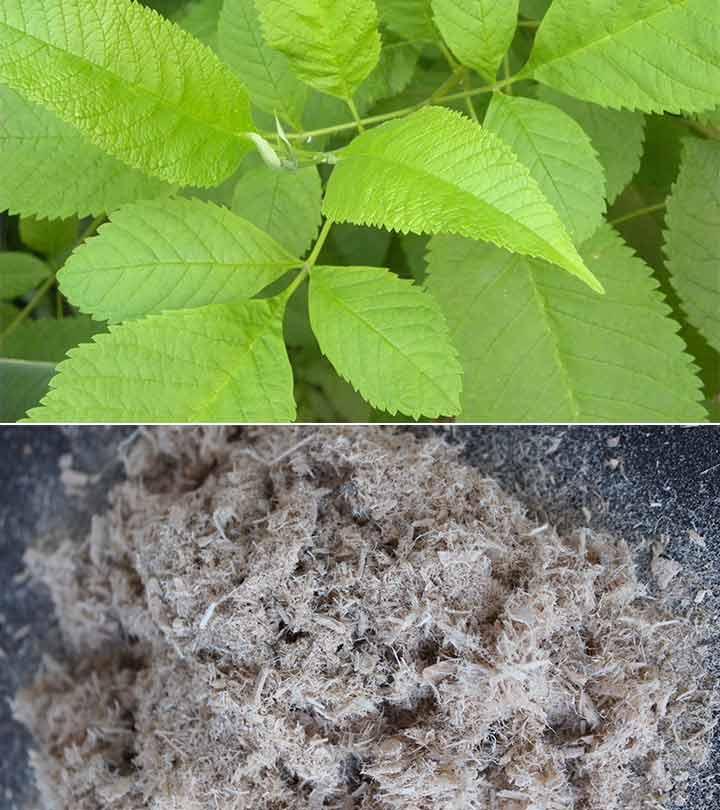


Community Experiences
Join the conversation and become a part of our empowering community! Share your stories, experiences, and insights to connect with other beauty, lifestyle, and health enthusiasts.